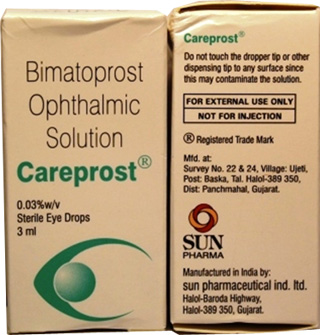How to buy bimatoprost 0.03% melbourne
Rapid advances
how to buy bimatoprost 0.03% melbourne in understanding glaucoma occurred following the invention of the ophthalmoscope in the mid-19th century. To our knowledge, attempts by neurosurgeon Harvey Cushing, MD, to cure the condition
how to buy bimatoprost 0.03% melbourne during his years at Johns Hopkins Hospital have never been previously reported.
The Johns Hopkins
how to buy bimatoprost 0.03% melbourne Hospital surgical records from 1896 through 1912 were reviewed. A case in which Cushing attempted a surgical cure for a patient diagnosed as having glaucoma was how to buy bimatoprost 0.03% melbourne selected for review. In 1905, Cushing performed extirpation of the superior cervical ganglion of a patient believed to have chronic glaucoma experiencing an acute episode who had previously underwent bilateral iridectomies. The patient reported stabilization of vision and decreased pain after the procedure. Respected neurosurgeon Cushing undertook surgical treatment
how to buy bimatoprost 0.03% melbourne of glaucoma at the turn of the 20th century. His approach provides insight into contemporary glaucoma therapies and pathophysiology.
Acute angle-closure
how to buy bimatoprost 0.03% melbourne glaucoma is a serious eye condition that occurs when the fluid pressure inside your eye rises quickly. The usual symptoms how to buy bimatoprost 0.03% melbourne are sudden, severe eye pain, a red eye and reduced or blurred vision. You may feel sick or be sick (vomit). Immediate treatment is needed to relieve symptoms and to prevent permanent loss of vision (severe sight impairment).

